Why are Herbal Tea Brewing Instructions So Confusing?
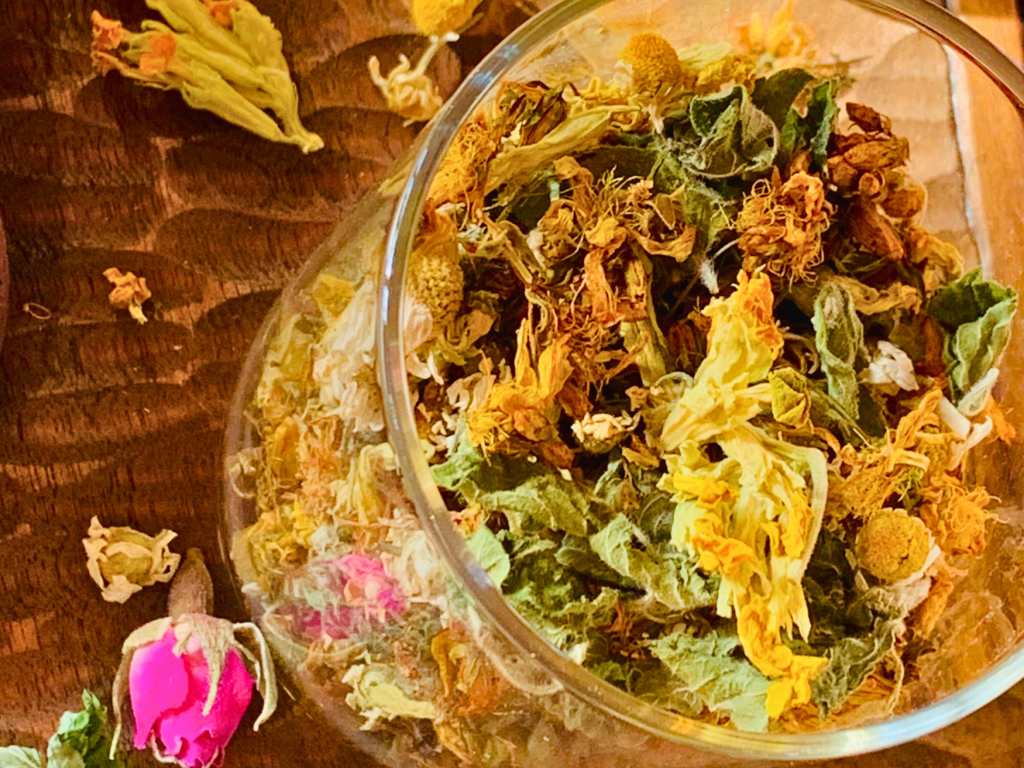
Key Takeaways:
- Different herbs require different brewing temperatures.
- Herbal tea can be served hot or cold.
- The temperature of the water used to brew herbal tea can affect its flavor.
- Herbal tea can be used in cooking and skincare routines.
- The temperature at which herbal tea is brewed and consumed can impact its flavor and effectiveness.
What is the right temperature to brew herbal tea?
The correct temperature to brew herbal tea is between 60 – 70°C degrees
I have often wondered why different types of herbal tea have different brewing instructions!
It may seem like a small detail, but the temperature of the water used to brew herbal tea can greatly affect the taste, aroma, and overall quality of the perfect cup of herbal tea.
These are five surprising things you never knew about the temperature of herbal tea.
1. Different herbs require different brewing temperatures.
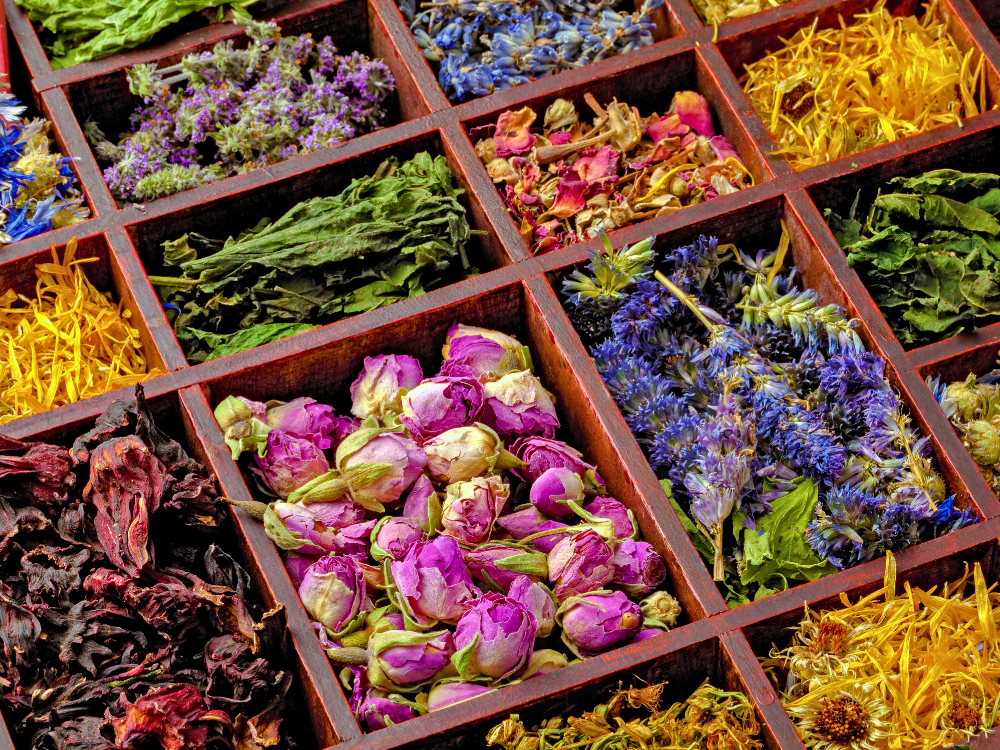
Not all herbs are created equal when it comes to brewing temperatures.
Delicate herbs like chamomile and mint should be brewed at a lower temperature to avoid becoming bitter, while heartier herbs like ginger and turmeric can handle higher temperatures.
Herbs with high levels of volatile oils, like peppermint and basil, should be brewed at lower temperatures to preserve their aromatic qualities.
But herbs with tough leaves or roots, like nettle and dandelion, require higher temperatures to extract their full flavour and potential health benefits.
2. Herbal tea can be served hot or cold.

Many think of herbal tea as a warm, comforting drink, but it can also be served cold.
In fact, some herbs are better suited for iced tea because their flavours can become overpowering when brewed hot. Herbs such as peppermint and lemongrass are often used in iced teas because their refreshing flavours are more pronounced when served chilled.
But certain herbs, like chamomile and lavender, can become bitter when brewed at a high temperature, so they are better suited for hot tea.
You can find instructions for making the perfect iced tea here on our blog.
3. The temperature of your water can affect the flavour of your tea.

The temperature of the water you use to brew your herbal tea can have a big impact on its flavour.
Different herbs and teas require different brewing temperatures, because the wrong water temperature can cause a bitter or weak cup of tea.
The correct temperature to brew herbal tea is between 60 – 70°C degrees depending the type of herb. Delicate herbs like chamomile and mint should be brewed at a lower temperature to avoid becoming bitter, while heartier herbs like ginger and turmeric can handle higher temperatures.
It’s important to use the correct water temperature for your specific type of tea to ensure the best taste and potential health benefits.
4. Herbal tea can be used in cooking.
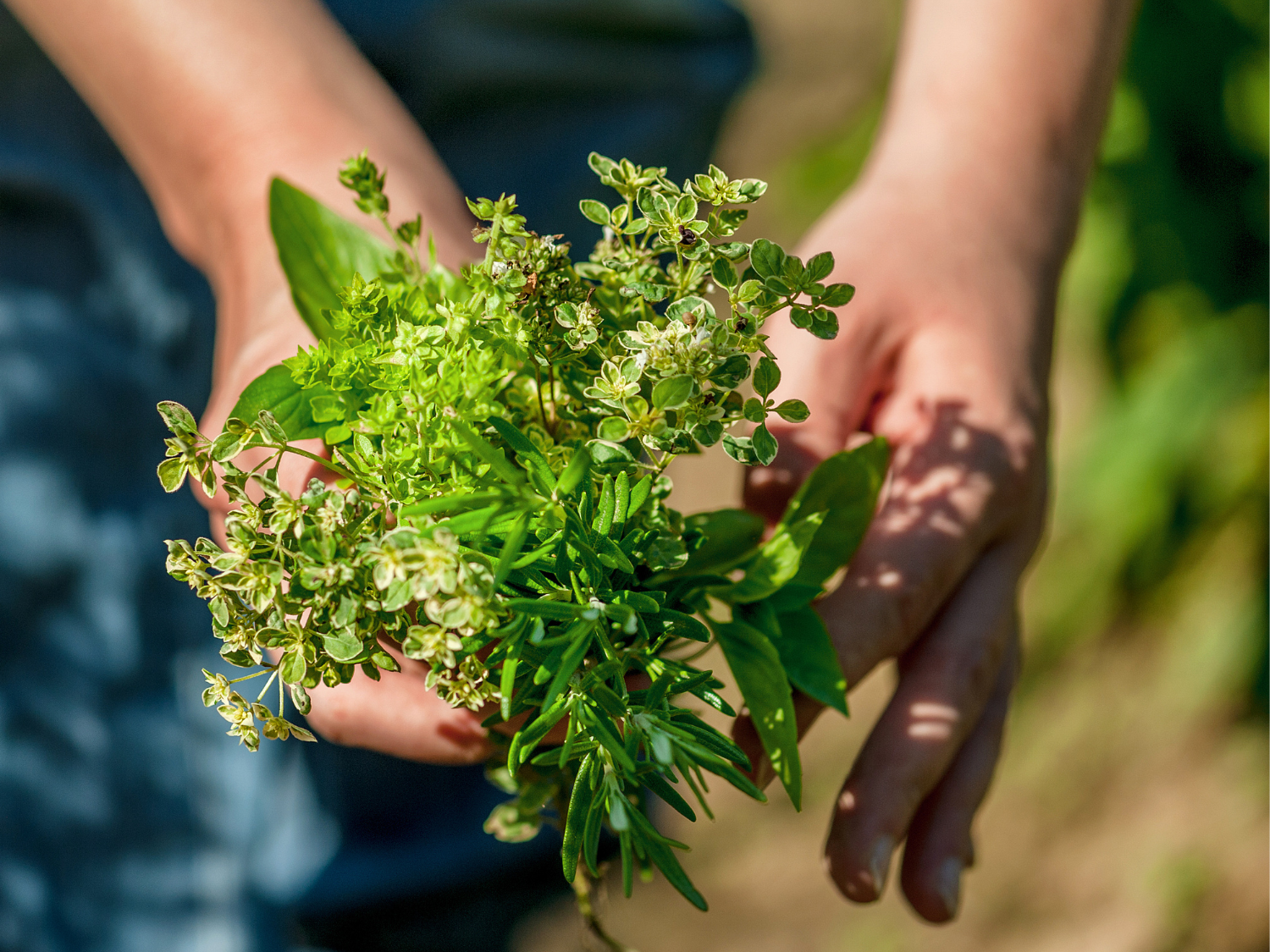
Did you know that herbal tea can be used in cooking to add flavour and moisture to dishes?
I often use brewed chamomile tea as a marinade for grilled fish, or steep lavender in milk to make a creamy lavender ice cream.
Herbal teas can also be used as natural food dyes, adding a pop of colour to cakes, and other baked goods.
Just be sure to use a strong brew and adjust the amount of tea depending on the recipe and your desired flavour intensity.
5. Herbal tea can be used in skincare routines.

Herbal tea isn’t just for drinking – it can also be used in skincare routines to soothe and nourish the skin.
Cooled chamomile tea can be used as a toner to help reduce redness and inflammation, while green tea can be used as a face mask to help tighten and brighten the skin.
You can also use herbal teas as a natural hair rinse to add shine and promote healthy hair growth. Just be sure to use a cooled, steeped herbal tea and avoid using boiling water on your skin or hair.
The temperature at which herbal tea is brewed and consumed can have an impact on its flavour and effectiveness.
Different herbs require different brewing temperatures, and some herbs are better suited for iced tea because their flavours can become overpowering when brewed hot.
The temperature of the water used to brew herbal tea can also affect its flavour, and herbal tea can be used in cooking and skincare routines.
Overall, the temperature at which herbal tea is brewed and consumed should be considered to ensure the best taste and potential health benefits.
Go and enjoy your herbal tea today
Anousha
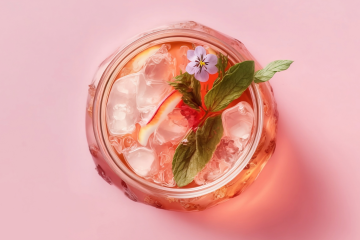
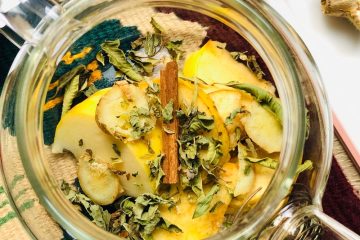
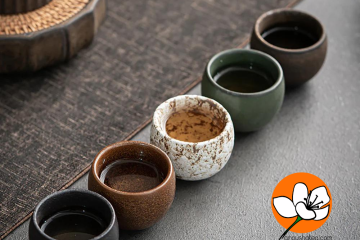
1 Comment
EVERYTHING ABOUT HOW TO MAKE A PERFECT CUP OF TEA WITH LOOSE TEA – Anousha Tea | Tea Lovers · January 22, 2023 at 10:42 am
[…] 5 Surprising Things You Never Knew About the Temperature of Herbal Tea, Click here […]